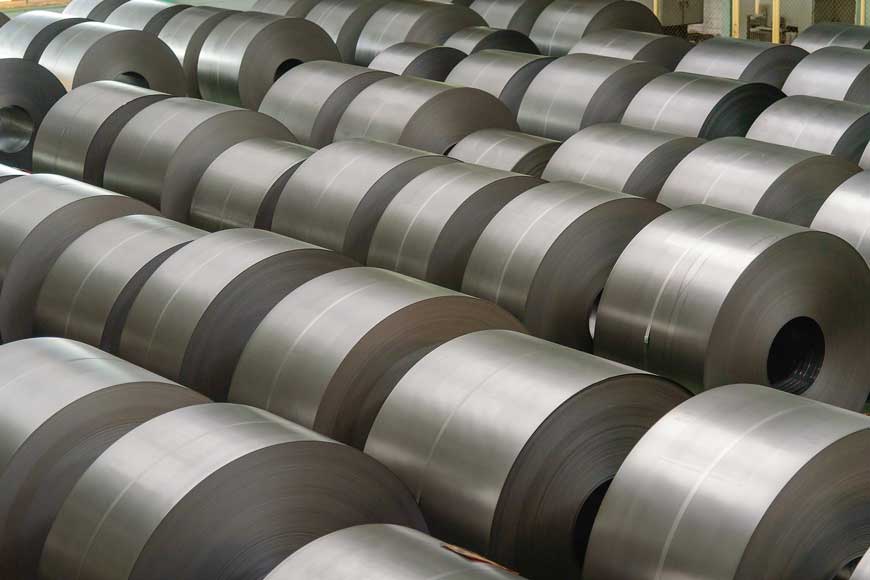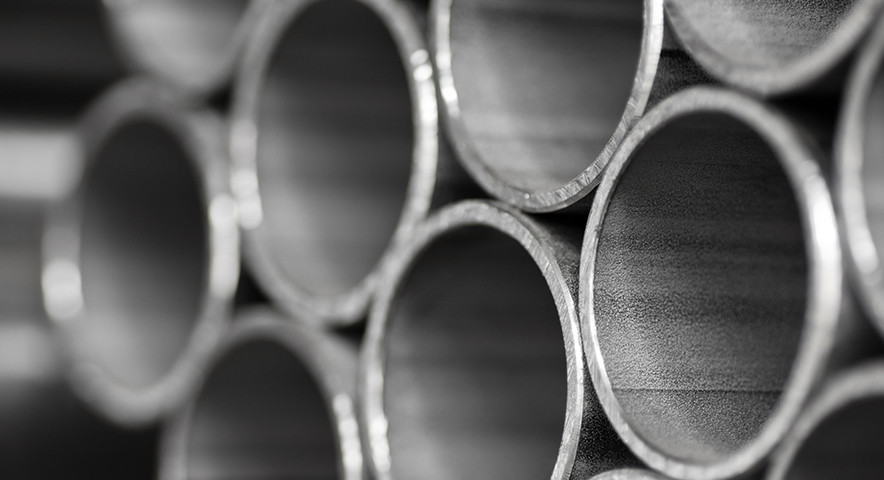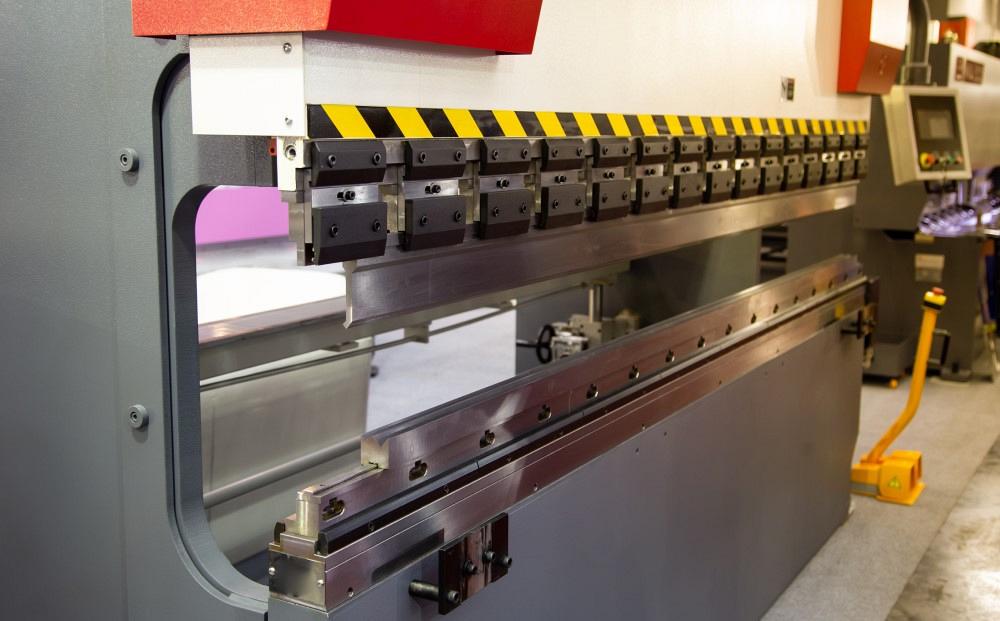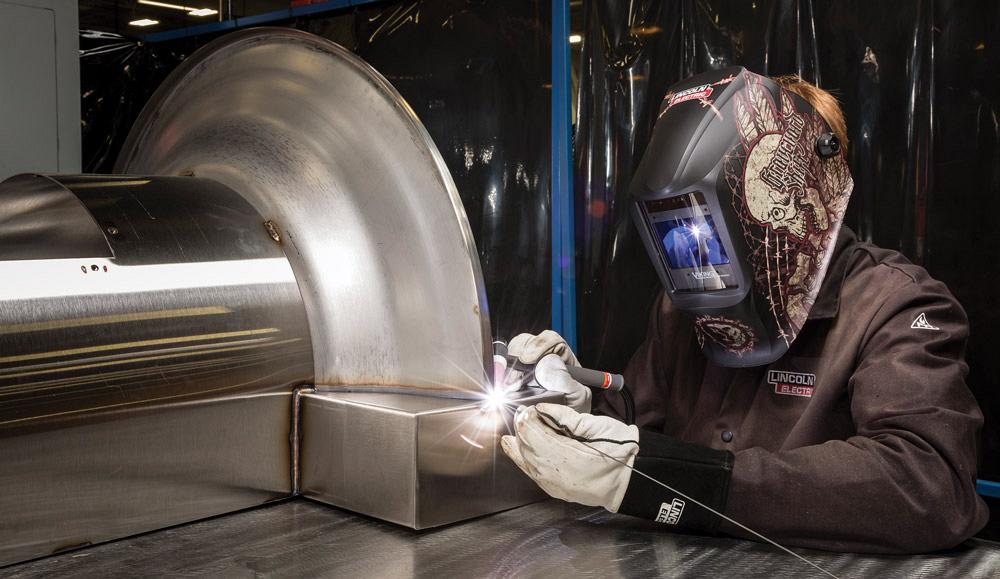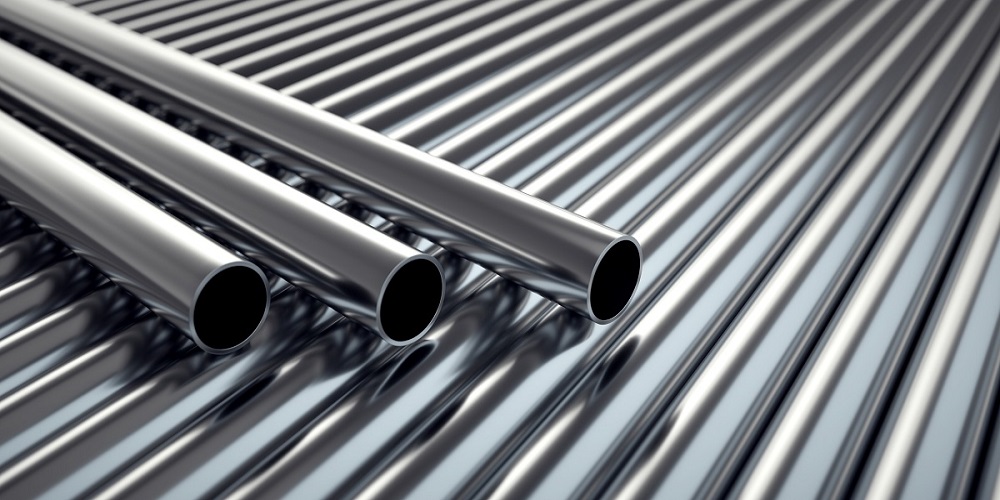We have heard of steel being used in every process where durability and strength matters. We even know that steel cannot be used directly in the application and must be fabricated according to the needs. So, cold rolling is one such fabrication process to enhance the physical properties of the steel. In the cold rolling process, the steel dealers or manufacturers strengthen the steel by changing its shape without heat or pressure. The large steel coils are passed through the two parallel rollers keeping the temperature below the steel’s recrystallization temperature. Thus, the steel coils unwind, and each steel strip is squeezed and compressed. Hence, the resulting metal strips have increased hardness and yield strength. Therefore, one can say that cold rolling the metal strips is one of the significant functions in metalworking industries. Hence, in this post, let us see the different applications of cold-rolled steel in various industries.
Cold-rolled steel in construction:
The foremost application of cold-rolled steel is in the construction and development sector. We all know that steel is essential to make your building stand against the various climatic conditions. Similarly, cold-rolled steels are used significantly in the construction industry for framing purposes. The cold-rolled steels are light in weight and yet stronger than other metal framings. The cold-rolled framings are used in multi-storey building construction like hotels, dormitories, and related structures.The cold-rolled MS chequered plate are even used for the flooring purposes.
As mentioned earlier, cold-rolled steel is less in weight, and hence it can be shipped and assembled later. Similarly, the cold-rolled steel exhibits high tensile strength; it is sufficient to use fewer steel materials for structural support and reduces resource consumption. The cold-rolled steel is used in making bolts and screws for metal sheeting and sheeting rails.
Cold-rolled steel in home appliances:
Another application of cold-rolled steel is that they are used in home appliances extensively. It is hard to find even one home appliance without cold-rolled steel. The cold-rolled steel is used in washers, dryers, water heaters, computer hardware, refrigerators, and related household things. One can find numerous domestic appliances with cold-rolled steel because they have a higher tolerance than the other metals. Similarly, these steels have excellent tensile and yield strength, making them an ideal material for home appliances. Hence, cold-rolled steel is one such versatile material with an exceptional surface finish.
Cold-rolled steel in pressure vessels:
Pressure vessels are enclosed containers where the core of any material is placed under extreme pressure. These vessels play a vital role in the petrochemical and nuclear plants. The cold-rolled steel is used in the pressure vessels because of their elongation rate, toughness, embrittlement, and fatigue strength. Hence, because of their exceptional physical properties, cold-rolled steel is used in the pressure vessel to compress the overall pressure produced by the vessel. However, the size and pressure of the vessel differ from country to country, depending on the country’s formal code.
Hence, these are the different applications of cold-rolled steel in various sectors. Bharat Steel – the best JSW steel dealers in Chennai who offer quality steel products at good standards.

